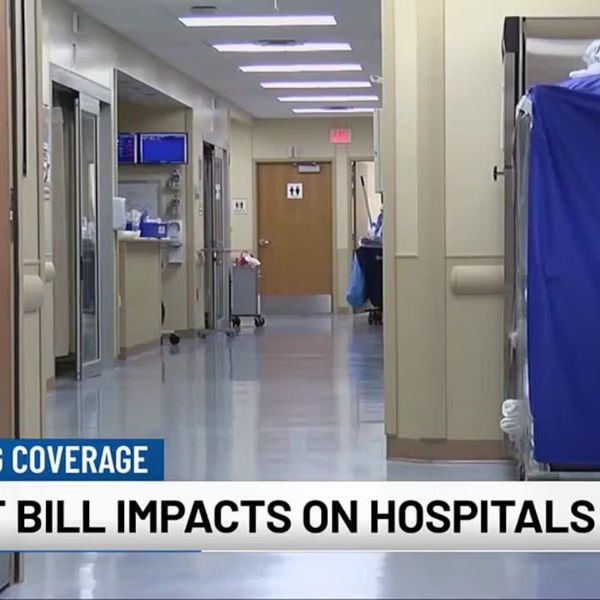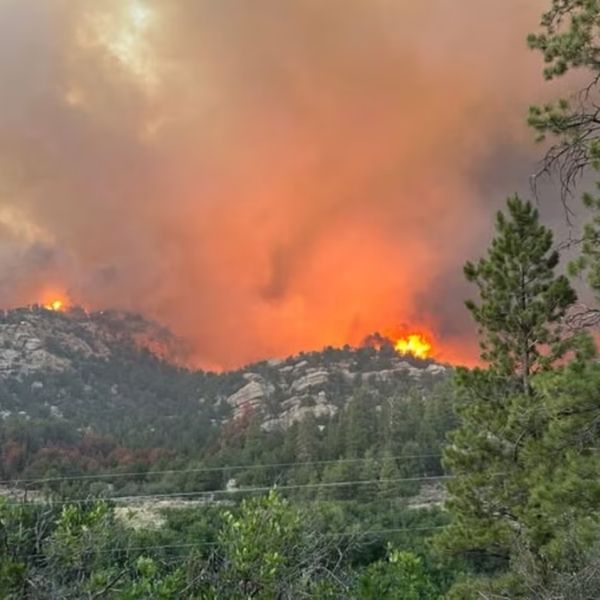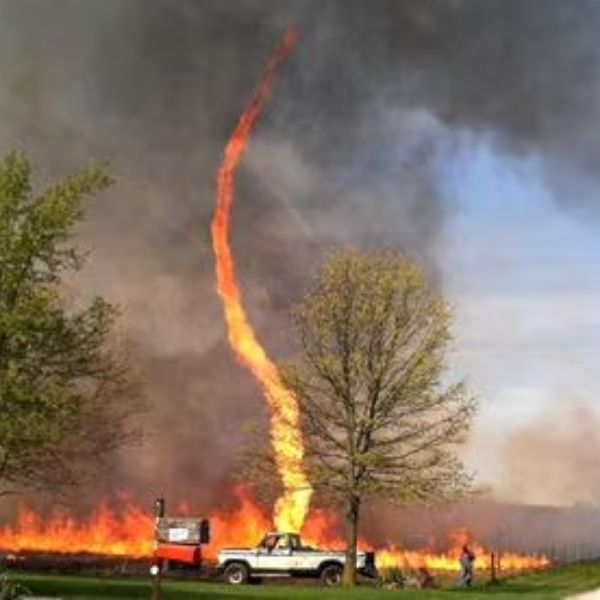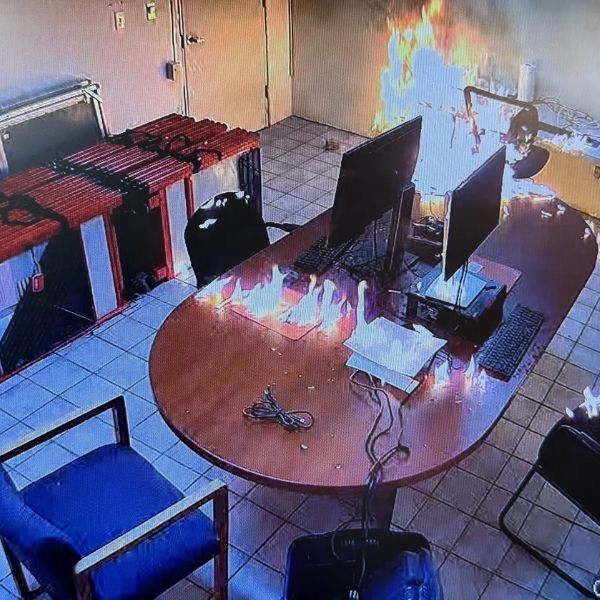COLORADO SPRINGS, Colo. (KKTV) — The Colorado Hospitals Association is sounding the alarm over sweeping Medicaid cuts in the new federal budget, warning they could cost the state’s healthcare system billions in funding and put rural hospitals at serious risk.
“They didn’t use a scalpel to trim waste — they swung a sword at our healthcare system,” said Cara Welch of the Colorado Hospitals Association, calling the budget cuts “severe and lasting.”
Major Concerns for Rural Hospitals
According to the association, nearly 46% of rural hospitals in Colorado depend heavily on Medicare and Medicaid payments. Welch noted that such hospitals are now considering staff cuts and even possible closures.
“Our rural communities are much more dependent on government payers,” Welch explained. “So when we make dramatic cuts to those programs, it hurts rural areas even more than urban ones.”
Federal Budget Includes a Stabilization Fund
While the bill includes major cuts, the Senate added a $50 billion rural stabilization fund to help ease the blow over five years. However, Welch said it’s still unclear how much of that money will actually reach Colorado hospitals.
“How much that will mean for Colorado is very much to be determined,” she said.
What Lawmakers Are Saying
Representative Jeff Crank released a statement defending the budget, known as the One Big Beautiful Bill (OBBB), saying the legislation preserves Medicaid for the most vulnerable:
“Benefits for pregnant women, children, seniors, and individuals with disabilities would see no changes,” Crank said. He also emphasized that the bill introduces work requirements for able-bodied adults seeking Medicaid coverage.
“It’s perfectly reasonable to ask for some basic accountability in return.”
The Road Ahead
As Colorado healthcare leaders brace for the fallout, many say the real-world effects of the cuts — especially in rural communities — are likely to emerge in the coming months. In the meantime, the Colorado Hospitals Association is urging state officials to closely track the distribution of federal stabilization funds and advocate for more targeted relief.
















Leave a Reply